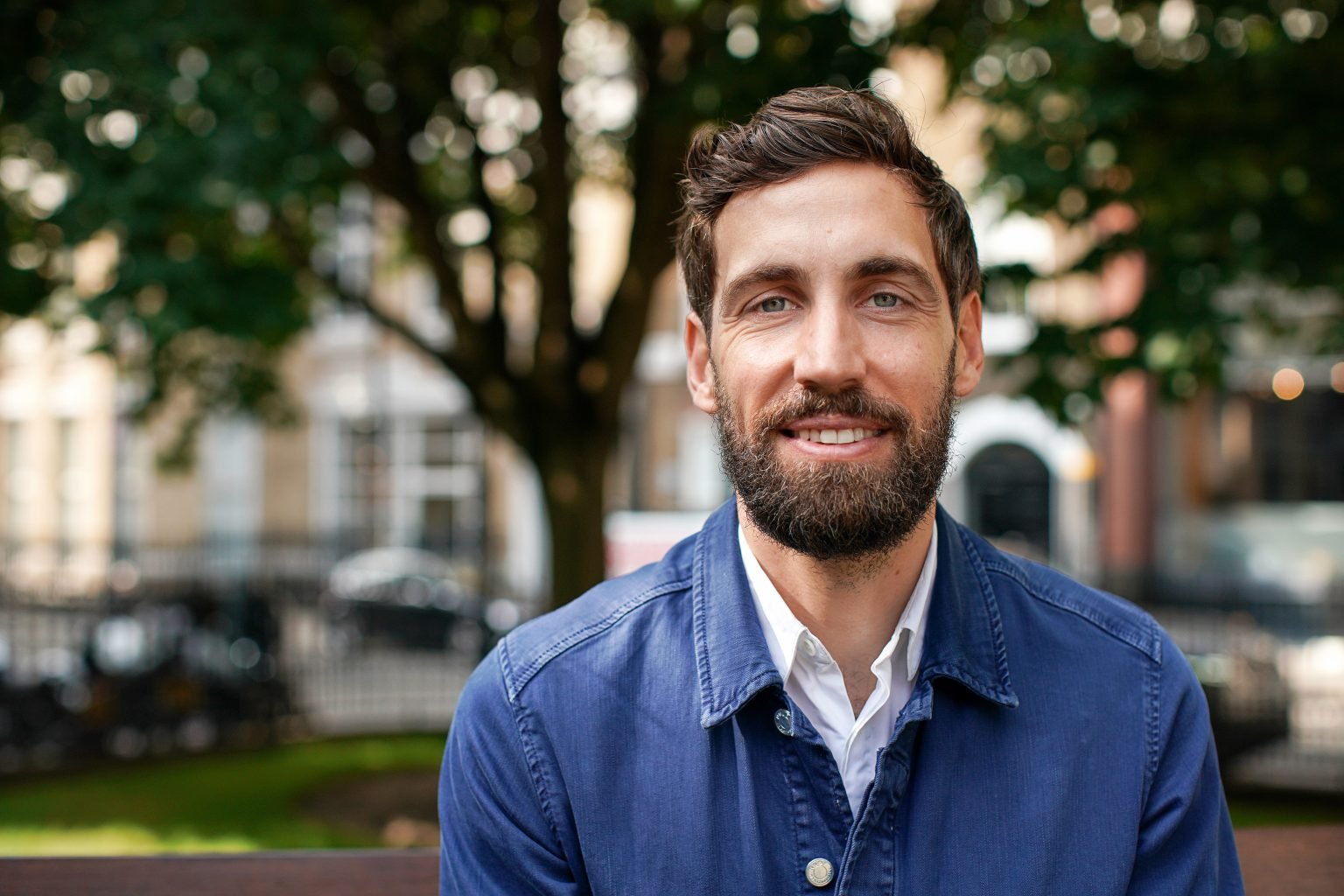Why Index Ventures’ Martin Mignot and Shardul Shah think New York City is the place to VC in 2023
During the COVID-19 pandemic, Manhattan’s offices emptied out. Large organizations discovered, by necessity, the conveniences of remote work. The market for Manhattan office space, from Midtown to Silicon Alley to Wall Street, still hasn’t fully recovered. However, some bold organizations are making a bet on the value of physical proximity in the Big Apple. For instance, Index Ventures, a long-standing European VC firm with headquarters in San Francisco and London, has opened an office in New York City.
Index partners Martin Mignot and Shardul Shah joined Bloomberg TV’s Caroline Hyde at Bloomberg’s Global Headquarters in New York City on Thursday, October 20, 2022, as part of the Cornell Tech @ Bloomberg Speaker Series, to discuss their vision for the firm in its newest home.
“The [New York] scene has grown by leaps and bounds, and it’s reached a maturity stage which makes it unavoidable. We’ve been making investments here for more than a decade, and some of our bigger winners were already in New York. There’s so much going on here, being on the ground is very obvious.”
In previous years, Mignot says, mature European VC firms looking to expand in the U.S. would plant roots in Silicon Valley, but now the energy is in New York. With more than 25,000 companies and over $55 billion in venture investments in 2021, New York is the second biggest tech hub in the world, according to Shah.
Throughout their conversation, the duo rhapsodized about the urban density, percolating street life, and killer pizza the city offers, and how much of a difference that makes for quality of life and attracting talent. All this, they say, has a real effect on whether entrepreneurs want to live in a city.
Before the pandemic, corporate venture arms, hedge funds, and private equity firms were dipping their toes into venture capital. This drove up deal prices across the industry. According to Shah, these “tourist investors” are increasingly tapping out, and this is one reason why his firm is eager to get busy in a new city.
The other factor is infrastructure. Shah calls out the learning experience at Cornell as proof of how computer science has infiltrated almost every discipline, from medicine to finance. The East Coast’s robust academic heritage, he argues, will play a role in its continued success as a tech hub.
Mignot cites a different tipping point to demonstrate the maturity of New York’s tech scene. He notes that there are now enough investors and executives in the city who possess deep, direct experience in helping startups scale here. This means they’ll know how to invest and cultivate success in the next generation of startups. New York’s scene, he says, now boasts a whole generation of mature investors and entrepreneurs.
Another reason startups want to be in New York is emerging not in spite of the remote work revolution, but because of it. Shah mentions that the CEO of a company in which he invested relocated to New York City from San Francisco because it would be easier to stay connected to his engineers in Israel. Despite the magic of Slack and Zoom, time zones remain hard barriers, and a base in New York coupled with these remote work technologies gives entrepreneurs the opportunity to better manage truly global organizations.
(L to R) Tech:NYC executive director Jason Myles Clark, Index Ventures partner Shardul Shah, Bloomberg TV anchor Caroline Hyde, and Index Ventures partner Martin Mignot.
Mignot and Shah see New York’s vibrant startup ecosystem – with its many classes of investors – as a place for cooperation, not competition.
“In seed, many of our peers, the multi-stage funds, think about deals where they have significant ownership. Their seed strategy is to own 15-25 percent of the founder’s business from the get-go. And they spend a lot of time de-positioning other multi-stage funds. Our view is different. We think that seed funds, angels, ourselves, or other institutions – we all bring something different to the table. We have different skills, different competencies – we think it takes a village. We encourage entrepreneurs to think about three slots for seed investments: institutional capital, capital from a seed fund, and fund from angels. As a consequence, we tend to cooperate with the local embedded ecosystem rather than compete.”
Despite the glimmers of hope for such cooperation that we see emerging post-pandemic, some investors remain conservative. Shah argues that this might be an error, especially for certain types of companies.
“The history of downturns has taught us that the best companies separate themselves from the rest of the pack in these moments. I happen to be involved with a couple of companies that are category leaders in their businesses, and the conversation right now is ‘attack.’ Be extremely aggressive when the competition pulls back, because when the product is differentiated, and the go-to-market is effective, the pain is necessary, structurally, to address in a market. There’s actually a phenomenal opportunity to extend leadership.”
Even as bold investors, Shah and Mignot also have to be aware of the threats facing New York’s entrepreneurial ecosystem. The main threat, they agree, is New York’s cost of living. Mignot shared an anecdote about a Parisian entrepreneur and friend who wanted to relocate to New York but couldn’t justify the expense. It’s an anecdote, but one that demonstrates a much more serious phenomenon. By their nature, early-stage startups are shoestring operations, and if founders and their employees can’t afford to make rent, they’ll find other cities in which to start and grow their companies
However, the high cost of living has a filtering effect, says Mignot, who claims that the VC firm is seeing a higher signal-to-noise ratio for entrepreneurs. Just as the “tourist investors” have lost their nerve, the post-pandemic economic fallout of the past year has shaken loose a lot of “wantrepreneurs,” leaving only those who are actually serious about the risks and sacrifices necessary to succeed in startup life.
“It really takes a special kind of grit, desire, persistence, and ambition just to make the move here,” says Mignot. “So [New York] already self-selects for these characteristics. New York makes extraordinary entrepreneurs.”
Watch the entire discussion here:
This article was originally published by Tech at Bloomberg.













